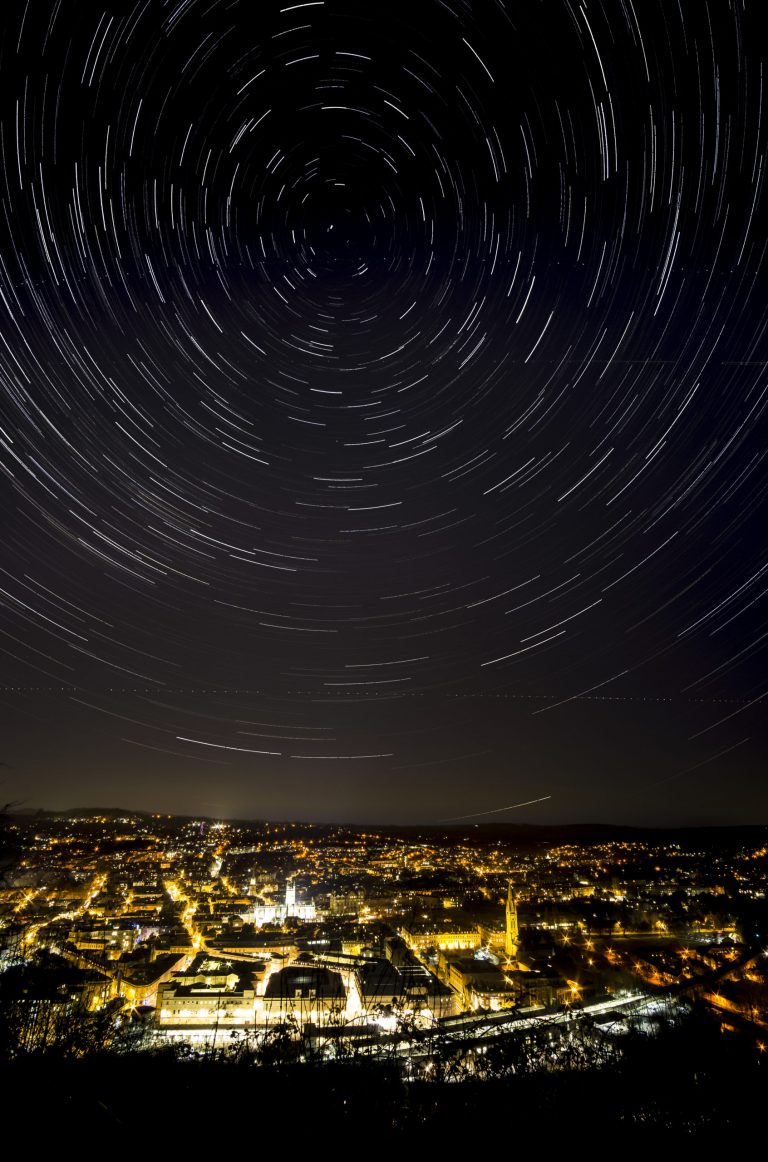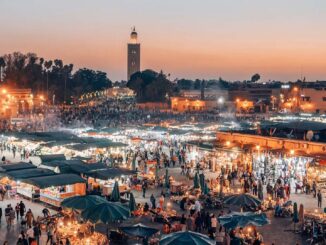
Topics covered
- What Is Light Pollution?
- Negative Effects on Health
- The consequences of light pollution are, anyway, much more serious than just not being able to see starry skies at night. It endangers wildlife and ecosystems and it is damaging for human health. The day/night cycle – also know as circadian cycle – regulates many important biological activities of the human body.
Have you seen one of those pictures representing the map of our planet at night? Remember the wonder you felt as you admired those lights embellishing most of our cities? Once upon a time, people used to have the same wonder while glaring at the sky and admiring the Milky Way.
Now we find ourselves in awe of a picture on our smartphones or on our computers. Those same lights captured from the space are the cause of light pollution.
What Is Light Pollution?
Too many strong and misdirected artificial lights cause light pollution.
Glare, light trespass, over-illumination, and light clutter represent the sources of this kind of pollution. Glare occurs when a source of light is so strong – for example car headlights – that it may cause momentary blindness and loss of contrast. This kind of light pollution is most dangerous for the elderly since old age makes it harder to adjust to sudden changes of light. Light trespass occurs when unwanted light enters in our properties. This kind of light may lead to sleep deprivation and other health problems.
One of the reasons why light pollution is so bad for our planet is the excessive use of light, called over-illumination. It is responsible for a great deal of energy waste. Whereas light clutter refers to excessive groupings of light source. These are dangerous since they may cause confusion and distraction, especially on roads.
Around 80% of world population are affected by light pollution. The most light polluted states are Singapore, Kuwait and San Marino. Chad, Southern African Republic and Madagascar are among the least polluted cities. There people can still admire the Milky Way.
Negative Effects on Health
The consequences of light pollution are, anyway, much more serious than just not being able to see starry skies at night. It endangers wildlife and ecosystems and it is damaging for human health. The day/night cycle – also know as circadian cycle – regulates many important biological activities of the human body.
A disruption of these biological processes has been found to cause a number of serious health issues such as sleeping disorder, depression, cardiovascular disease, and even cancer. Scientific studies keep on confirming the serious consequences caused by lack of exposure to daylight during the day and darkness at night.
Therefore, it is very important for each of us to avoid creating light pollution. Being aware of this problem is a good start. However, it is also important to take action. For example, refrain from turning on the lights when unnecessary and try using LEDs bulbs.








